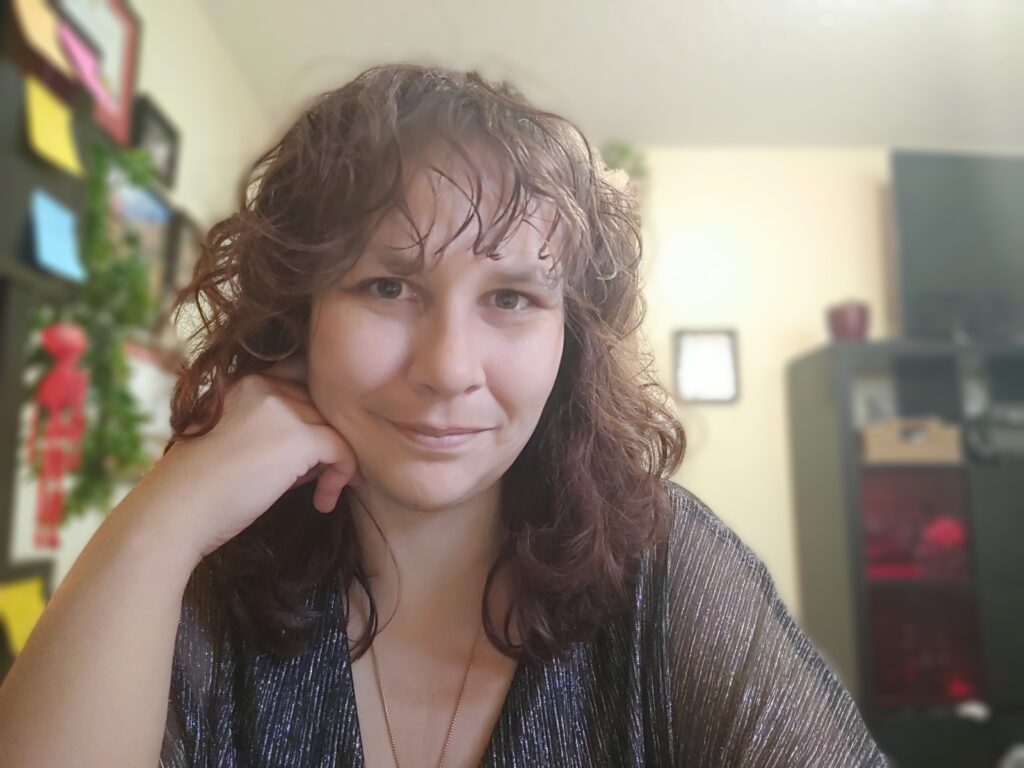Nursing has a vast number of areas you can work in, and for Jennifer Dorman, working in palliative care has always been the area that resonated deepest with her. She has spent 15 of her 16 years as a registered nurse working in hospice palliative care.
“I knew from the get-go this was the area of nursing I wanted to work in. It took me a little while to get my foot in the door, but ever since I’ve been in hospice, I’ve worked at the bedside, been a nurse educator and worked in both adult and pediatric palliative care,” Jennifer says.
After spending so much time with patients in a palliative setting, she decided to go back to school to pursue a Master’s degree before finding out there was a program to get her Ph.D., and she jumped at that opportunity. Now pursuing her doctoral studies, her research focuses on how hospice palliative care nurses experience moral distress when their patients request or complete medical assistance in dying (MAID).
“I was really interested in looking at MAID in hospice and how it was affecting my colleagues.”
Since she had been a nurse before MAID became legal in Canada, she saw firsthand how some of her colleagues were terrified of MAID being legal. Many of them wanted to help people who were dying but didn’t see themselves helping people die. Some people didn’t believe this was what hospice palliative care was.
On the other hand, she also had many colleagues who thought it should have been a practice that was incorporated long ago.
“Hearing both of these perspectives was very interesting to me. It drove me to look into the philosophy of hospice palliative care and research both sides to it as I knew it was so important.”

Jennifer was awarded the Florence and Lloyd Cooper Alberta Registered Nurse Educational Trust (ARNET) Scholarship for the excellence she’s demonstrated in pursuing her doctoral studies. Education advancement and research is one of Calgary Health Foundation’s priority areas in enhancing healthcare for our community.
“I feel humbled and very grateful to receive the scholarship. I really appreciate that there’s recognition of how important nursing research is and there are people who are willing to support students like me.”
The scholarship enabled her to attend a palliative care conference in Montreal last year where she was able to share her research with colleagues and attend seminars and professional development courses.
She hopes to become a professor so she can teach future nurses while still having time to continue pursuing her research.
“I can see myself also going back to be a bedside nurse because there are aspects of bedside care you don’t get while you’re teaching. I really enjoyed the relationships I was able to build with the families and patients that I looked after.”
Jennifer would love to see her research trickle down to her colleagues to provide further education. She wants her research to better support patients and families.
She has found her nursing career to be very fulfilling and rewarding because she’s able to provide comfort to patients and families experiencing palliative care.
“What’s most challenging is being there with dying patients and their families. There are so many emotions, but it is also what is most rewarding – being able to help patients and families move through their bereavement. It is an honour to be at the bedside as someone is dying. It’s rewarding in so many ways and I wouldn’t change it for the world.”


